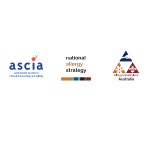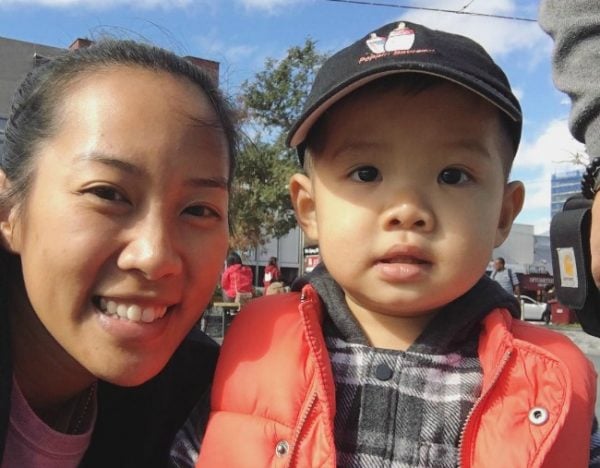

Being a new parent is full of all kinds of worries. While it might feel like things are constantly out of your control, there are some things you can get on top of early – like helping to prevent a food allergy.
For mum Saengtip Kirk, introducing solid foods to her baby, Hugo, was a positive experience. “I felt good about introducing solids – I really expected the mess and the time it would take, so I was very patient and made sure we had nothing on so I wasn’t stressed to get the activity over and done with or anything,” she said.
But one area Saengtip was unsure about was food allergies, like so many Aussie parents. With a second baby on the way, it’s something that’s still very much front of mind.
“I will be sure to introduce and keep up with common allergy causing foods like eggs and nuts to my new baby as my toddler is allergic to eggs but weirdly not eggs in baked goods. He isn’t really keen on eating baked goods on the norm!” she said.



